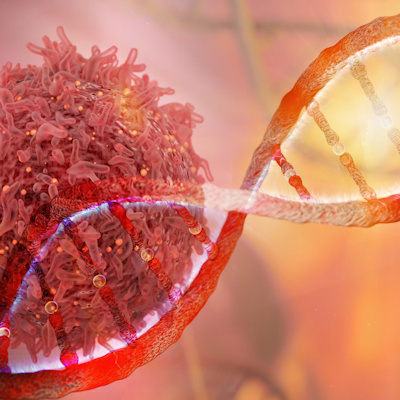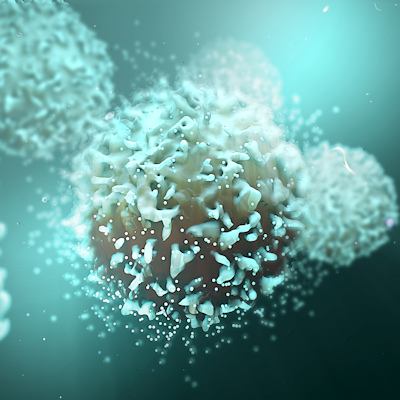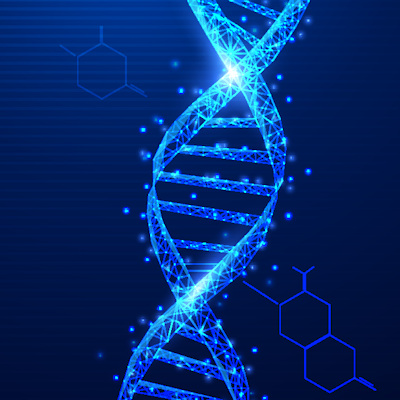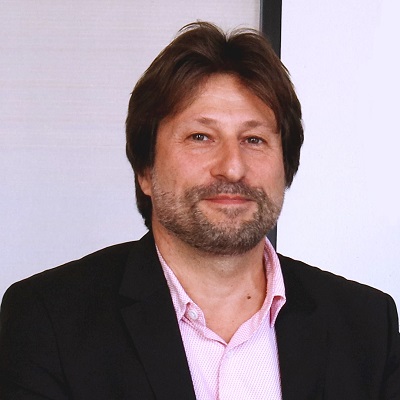January 5, 2023 -- Scientists have shown how drug response varies across different genetic subtypes of acute lymphoblastic leukemia (ALL), laying the groundwork for more effective, individualized treatments.
Physicians caring for patients with ALL, a pediatric cancer that affects a type of white blood cell, have access to a range of medicines capable of achieving good health outcomes. Around 98% of patients enter remission after starting treatment and 90% of responders will eventually be cured. The prognosis differs between different genetic subtypes of ALL but questions about the mechanisms underlying the variation in outcomes have remained unanswered.
Writing in Nature Medicine, researchers at St. Jude Children's Research Hospital describe their work to better understand how genetic attributes affect drug response. The collaborators analyzed how leukemia cells taken from more than 800 patients, split between 23 molecular subtypes, responded to 18 different chemotherapy drugs.
Corresponding author Jun Yang, PhD, from St. Jude Department of Pharmacy and Pharmaceutical Sciences, explained the approach and its benefits in a statement to publicize the journal paper.
"Compared to traditional cancer genomics research, our pharmacogenomics work starts with defining the drug response phenotype of each patient, after which we look into genomics to search for the biological basis for the inter-patient variability in leukemia drug sensitivity. This approach sheds light on the therapeutic implications of specific genomic alterations, which may help clinicians alter care through a better understanding of how and why patients respond to treatment," Yang said.
The work revealed wide variability across ALL, plus distinct patterns of drug sensitivity by subtype. Some of the findings provide new insights into earlier studies. For example, other researchers have found that patients with ETV6-RUNX1 ALL have a better prognosis than those with BCR-ABL1-like ALL. The St. Jude study provides pharmacogenomic insights that may explain divergent health outcomes.
Researchers could also use the data to discover the biological pathways that determine whether a drug is effective against a particular subtype of ALL. Armed with those insights, drug developers could create more effective treatments. The Yang lab has previously run studies in that area, showing that the sensitivity of cancer cells to dasatinib, a treatment sold by Bristol Myers Squibb as Sprycel, depends on LCK activation.
"This work is a big step in the right direction to individualize ALL therapy to spare children the side effects of drugs that will not work against their cancer, as well as to steer them to the novel therapies against which their cancer will likely respond," Yang said. "It is functional precision medicine, it's not just about the genetics and the targets but also about using the right drugs for the right patients."
Copyright © 2023 scienceboard.net










